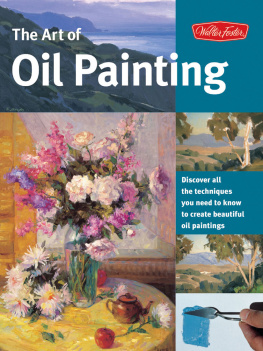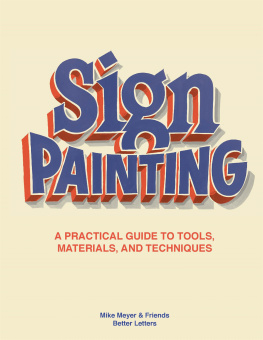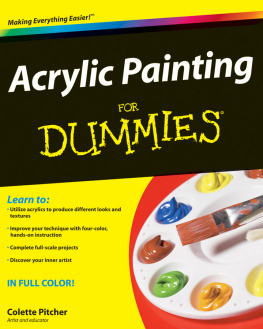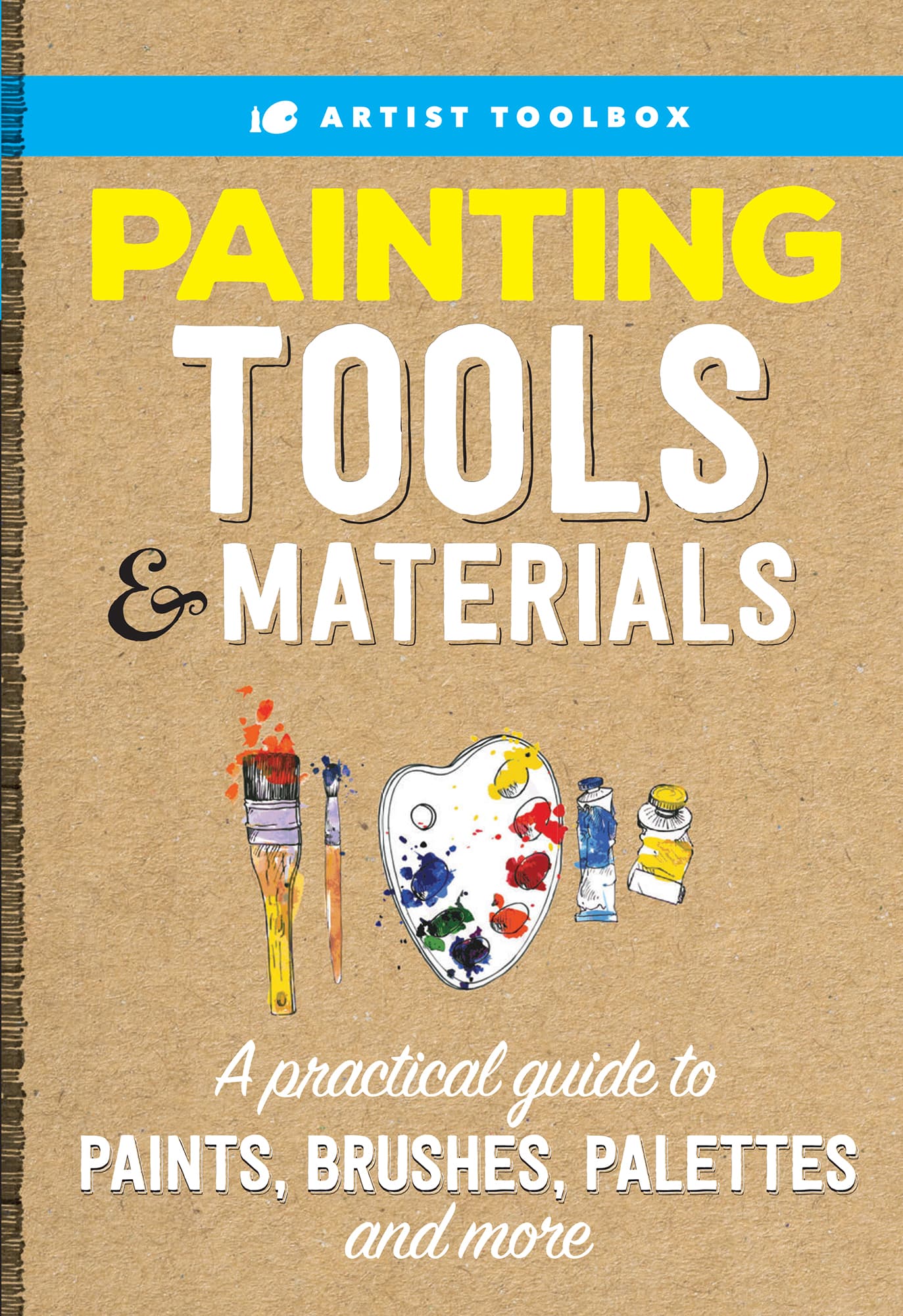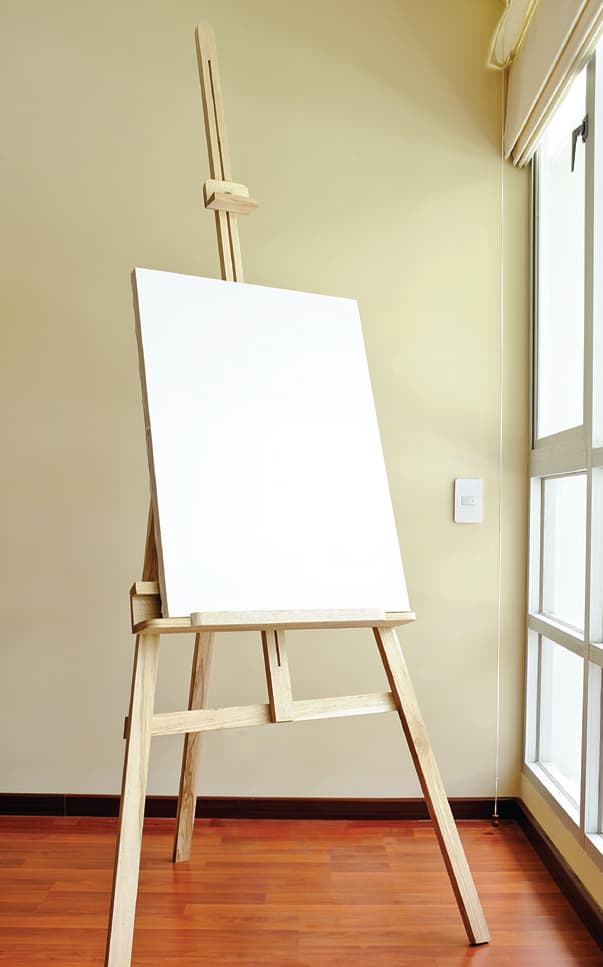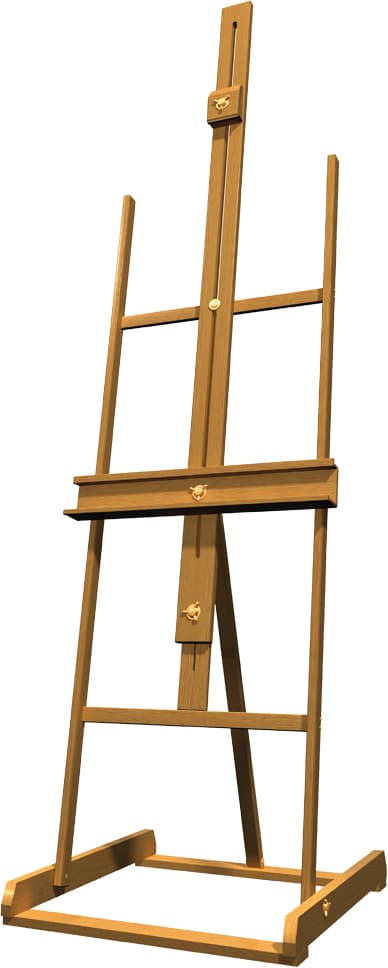Walter Foster Creative Team - Painting Tools & Materials: A Practical Guide to Paints, Brushes, Palettes and More
Here you can read online Walter Foster Creative Team - Painting Tools & Materials: A Practical Guide to Paints, Brushes, Palettes and More full text of the book (entire story) in english for free. Download pdf and epub, get meaning, cover and reviews about this ebook. year: 2017, publisher: Walter Foster Publishing, genre: Art / Computer. Description of the work, (preface) as well as reviews are available. Best literature library LitArk.com created for fans of good reading and offers a wide selection of genres:
Romance novel
Science fiction
Adventure
Detective
Science
History
Home and family
Prose
Art
Politics
Computer
Non-fiction
Religion
Business
Children
Humor
Choose a favorite category and find really read worthwhile books. Enjoy immersion in the world of imagination, feel the emotions of the characters or learn something new for yourself, make an fascinating discovery.

- Book:Painting Tools & Materials: A Practical Guide to Paints, Brushes, Palettes and More
- Author:
- Publisher:Walter Foster Publishing
- Genre:
- Year:2017
- Rating:5 / 5
- Favourites:Add to favourites
- Your mark:
Painting Tools & Materials: A Practical Guide to Paints, Brushes, Palettes and More: summary, description and annotation
We offer to read an annotation, description, summary or preface (depends on what the author of the book "Painting Tools & Materials: A Practical Guide to Paints, Brushes, Palettes and More" wrote himself). If you haven't found the necessary information about the book — write in the comments, we will try to find it.
Discover the essential tools, materials, and techniques needed to get started in painting.
The Artists Toolbox series provides easy-to-use reference guides for beginning and aspiring artists. While many instructional art books gloss over important concepts, focusing instead on how to simply replicate a piece of art, the Artists Toolbox series breaks down the whats, whens, whys, and hows of each relevant tool or technique, clearly demonstrating its purpose and how to employ it to achieve desired effects.
In Painting Tools & Materials, artists will discover the important differences in brush styles, sizes, shapes, and types; how each brush is used to create different types of strokes; and how different types of brushes interact with various paints and supports. Artists will learn how to properly load brushes with paint, how to shape brushes to create specific strokes and effects, when to choose synthetic-hair over natural-hair, and much more. Experienced art instructors focus on the key concepts and practical aspects of working with specific tools, materials, and mediums to impart a complete understanding for those seeking to learn the fundamentals of painting.
Walter Foster Creative Team: author's other books
Who wrote Painting Tools & Materials: A Practical Guide to Paints, Brushes, Palettes and More? Find out the surname, the name of the author of the book and a list of all author's works by series.

